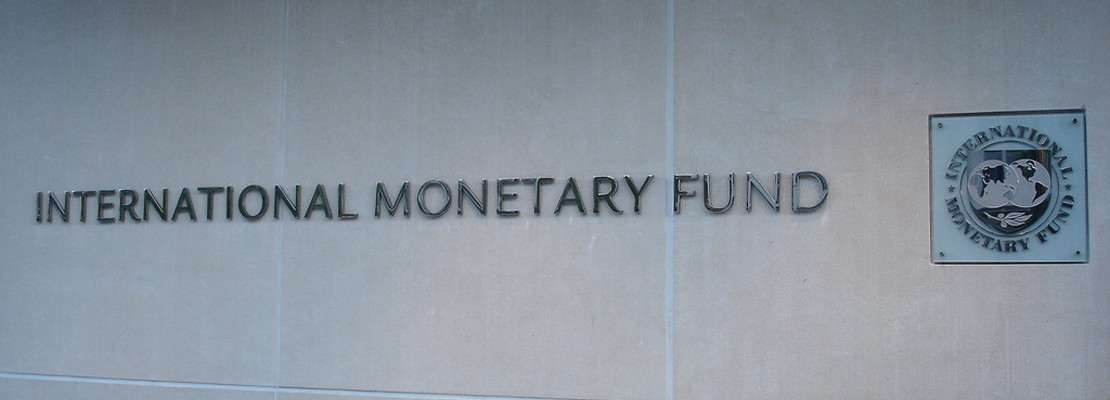
An IMF discussion paper titled “Regulation and Supervision of Islamic Banks”, questions the conventional post financial crisis thinking of Islamic banks being more stable than conventional banks. The paper concludes Islamic banks are just as exposed to risks as conventional banks and due to Sharia’h compliance face specific risks unique to their sector.
The report details the comparative advantage of Islamic Banks being the risk sharing principle where banks participate in the risks of their counterparties, and investment depositors share the risk of the banking business is neutralized as Islamic Banks end up paying to investment accounts holders competitive “market” returns regardless of their performance.
The report goes on to state Islamic Bank’s face further specific risks arise from the features of Islamic contracts such as:
- Shariah compliance risk: Inadequate compliance with Shariah law could weaken consumer protection as a result of fraudulent activities and misinterpretations of the fundamental Shariah rules. If depositors lose confidence in Islamic Bank’s Shariah compliance, a bank could face financial problems, starting possibly with liquidity and developing ultimately into solvency issues (which could become systemic if the Islamic Bank is sufficiently large and connected).
- Equity investment risk: It arises from entering into a partnership for the purpose of undertaking or participating in a business activity and in which the provider of funds shares the business risks.
- Rate of return risk: It arises when an increase in benchmark rates results in expectations of higher rates of return on investment accounts, even though the actual rate cannot be exactly determined until the end of the investment-holding period.
- Displaced commercial risk: This risk is a consequence of the rate of return risk. It arises when an Islamic bank is under pressure of paying its investment account holders (IAHs) a rate of return higher than what would be payable under the “actual” terms of the investment contract in order to induce its IAHs not to withdraw their funds to invest them elsewhere.
Other risks common to both conventional and Islamic banks, are perceived to be higher in Islamic Banks due to the specific characteristics of Islamic finance. In particular:
- Credit risk: The overall credit risk faced by Islamic banks can be greater than in conventional banks given the unique characteristics of some of the financial instruments they offer.
- Operational risk: This risk, which is the risk of losses as a result of failed internal processes, people and systems, is likely to be more relevant for Islamic banks than for Conventional Banks (although there is no strong empirical evidence).
- Liquidity risk: This risk is exacerbated in due to several factors, including that they: i) rely on short-term retail funding; ii) tend to operate in environments with underdeveloped Shariah-compliant interbank and money markets and government securities; iii) have limited ability to hedge certain risks due to prohibitions against the use of conventional derivatives, and iv) have limited access to lender of last resort facilities. While in recent years initial steps have been taken to help develop Islamic money market instruments and Islamic lender of last resort models, most of the factors exacerbating liquidity risks remain present.
- Transparency risk: This risk, which can lead to losses due to bad decisions based on incomplete or inaccurate information (e.g., opacity of balance sheets and complex asset structures). This risk is important in Islamic banks given the use of nonstandard conventions for reporting Islamic financial contracts and the lack of uniform standards of reporting among banks. Differences in financial reporting, auditing and accounting treatment partly reflect differences in interpretation of Shariah rules.
![]() Download full report: IMF – Regulation and Supervision of Islamic Banks (230kb)
Download full report: IMF – Regulation and Supervision of Islamic Banks (230kb)
Most computers will open PDF documents automatically, but you may need Adobe Reader








